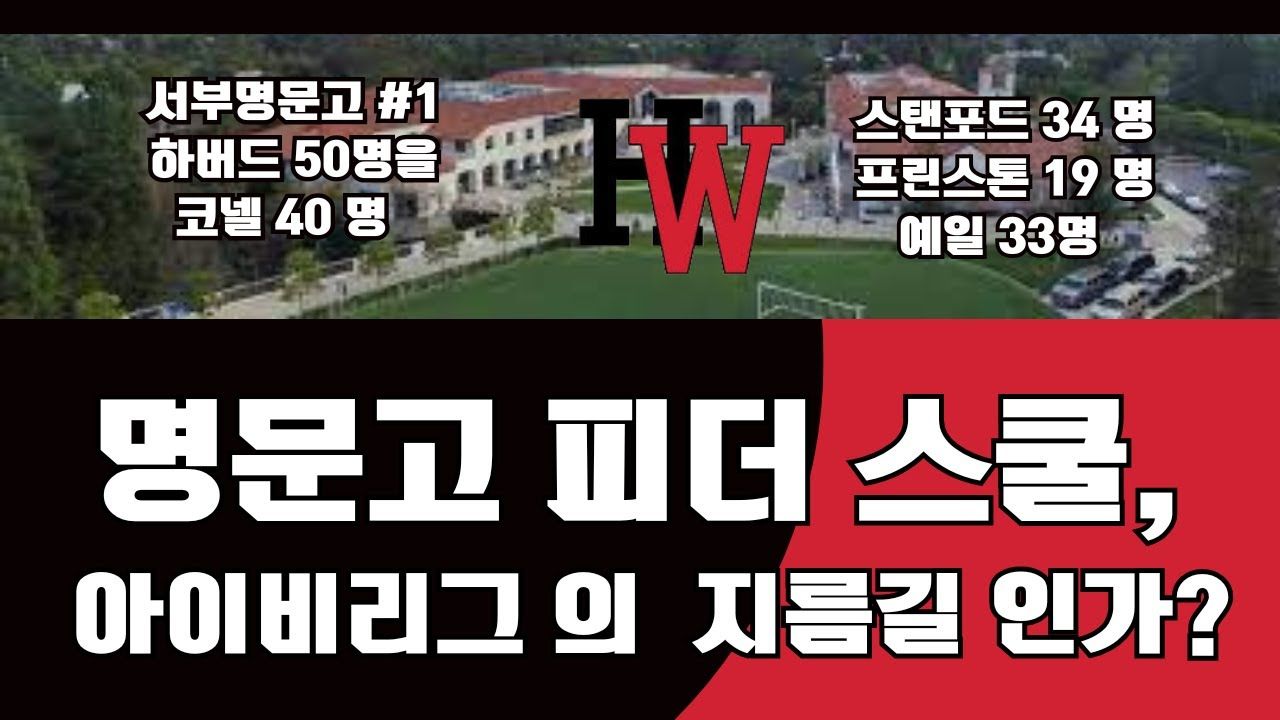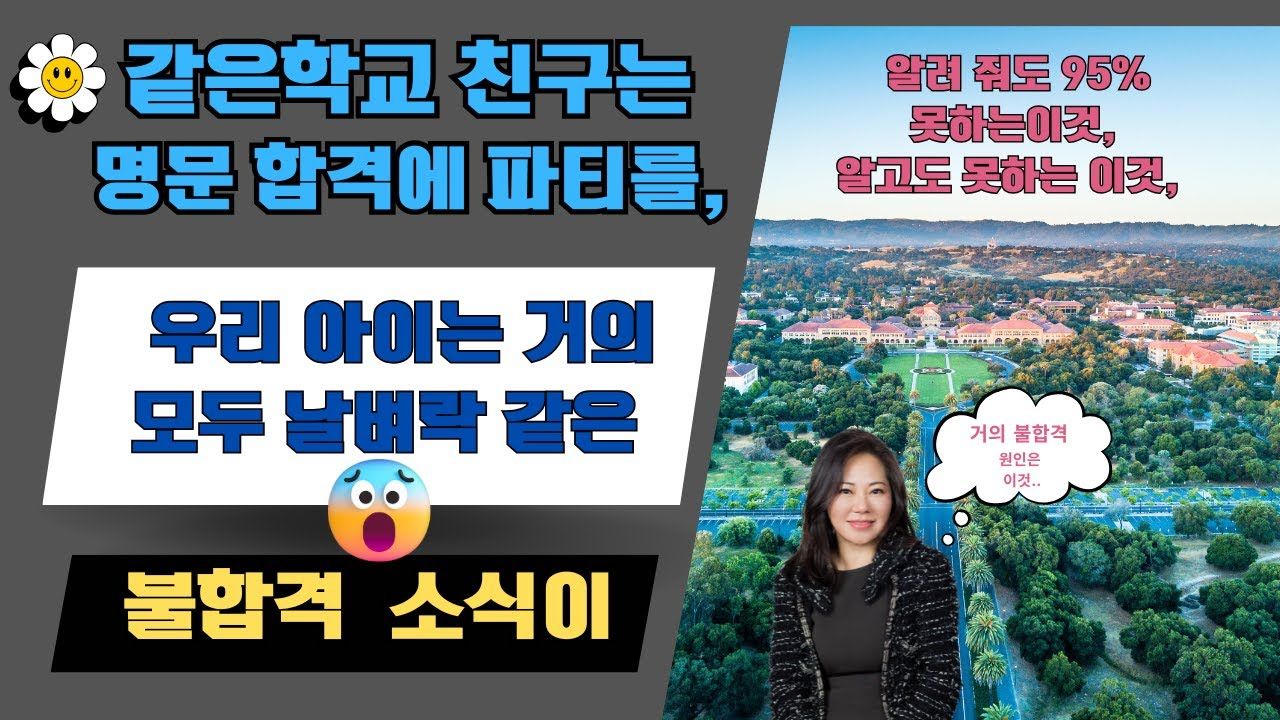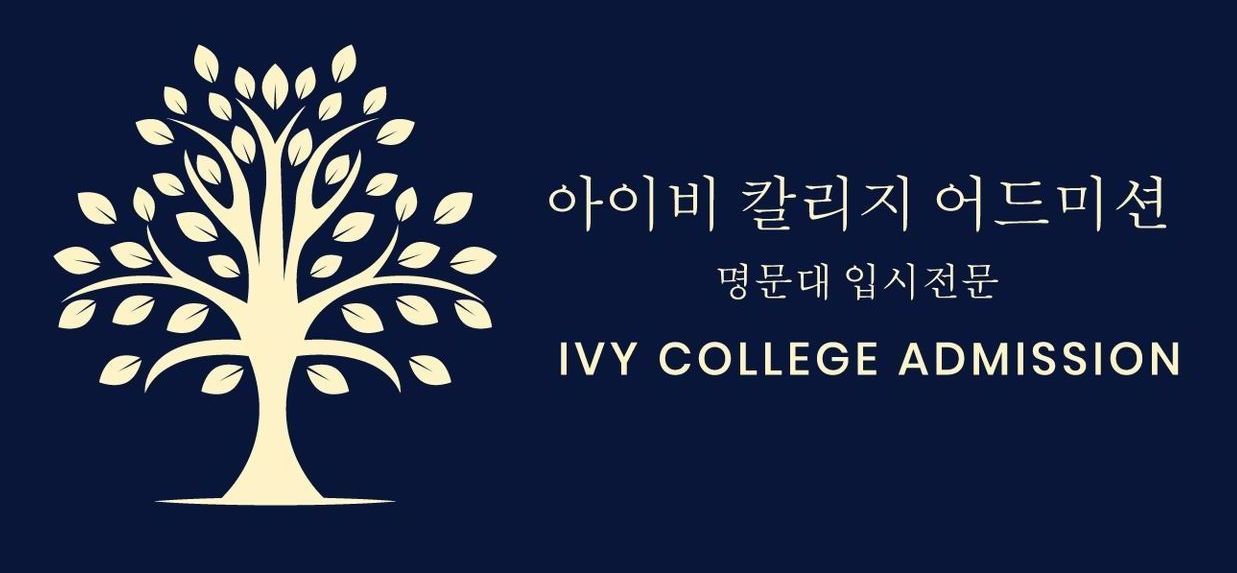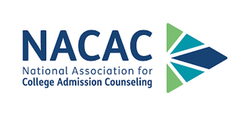논문 발표, 부유한 학생들이 명문대에 더 쉽게 입학 할까? , 소득 최고 상위 학생들이, 동일한 성적을 가진 중산층 학생들보다 Ivy 대학에 두 배 더 많이 입학을?
A study by Harvard and Brown University economics professors Raj Chetty, David Deming, and John Friedman reveals that students from the top 1% of income families are twice as likely to be admitted to Ivy-Plus colleges compared to middle-class students with the same SAT/ACT scores.
미국 엘리트 대학들은 부유한 학생들에게 유리한 입학 정책을 가지고 있습니다. 하버드와 브라운 대학 교수들의 연구에 따르면, 소득 상위 1% 가정의 학생들은 동일한 성적을 가진 중산층 학생들보다 Ivy-Plus 대학에 두 배 더 많이 입학합니다." 소득 상위 1% 학생들이 동일한 성적을 가진 중산층 학생들보다 Ivy 대학에 두 배 더 많이 입학하는 현실, 무엇이 문제일까요?"
"엘리트 대학, 부유한 학생들을 더 선호?"
최근 연구에 따르면 미국의 엘리트 대학들은 부유한 학생들에게 유리한 입학 과정을 가지고 있습니다. 하버드와 브라운 대학의 경제학 교수들인 Raj Chetty, David Deming, John Friedman의 연구는 소득 상위 1% 가정의 학생들이 동일한 SAT/ACT 점수를 가진 중산층 학생들에 비해 Ivy-Plus 대학에 입학할 확률이 두 배 높다는 사실을 밝혀냈습니다.
이 연구는 엘리트 대학 입학의 다양한 요인을 조사합니다. 우선, 동문 자녀에 대한 우대 정책이 중요한 역할을 합니다. 동문 자녀는 입학할 확률이 현저히 높으며, 이는 대학이 기부금을 확보하는 데 도움이 됩니다. 또한, 비학업적 평가 요소들, 즉 과외 활동이나 운동 선수 모집에서도 부유한 학생들이 높은 평가를 받는 경향이 있습니다. 이러한 요소들은 주로 고소득 가정 출신 학생들이 더 쉽게 접근할 수 있는 활동들입니다.
연구는 또한 Ivy-Plus 대학을 졸업한 학생들이 높은 소득과 명망 있는 직업을 얻는 비율이 더 높다는 점을 강조합니다. 이 대학들을 졸업한 학생들은 소득 상위 1%에 도달할 확률이 60% 증가하며, 명문 대학원에 진학할 확률이 두 배, 명망 있는 기업에서 일할 확률이 세 배 더 높습니다.
이러한 결과는 엘리트 대학들이 입학 과정에서 학업 성과와 같은 학문적 요소에 더 중점을 두고, 부유한 지원자에게 유리한 비학업적 선호를 줄임으로써 사회경제적 다양성을 개선할 수 있음을 시사합니다. 또한, 엘리트 대학의 학생 수를 늘리면 저소득 및 중산층 학생들에게 더 많은 기회를 제공할 수 있습니다.
결론적으로, 엘리트 대학 입학 과정의 불평등을 해소하기 위해서는 입학 사정에서의 투명성과 공정성이 필요합니다. 이를 통해 다양한 배경을 가진 학생들이 더 공정한 기회를 얻을 수 있을 것입니다.
"Elite Colleges Prefer Wealthy Students?"
Recent research indicates that elite universities in the United States have admissions processes that favor wealthy students. A study by Harvard and Brown University economics professors Raj Chetty, David Deming, and John Friedman reveals that students from the top 1% income families are twice as likely to be admitted to Ivy-Plus colleges compared to middle-class students with the same SAT/ACT scores.
The study examines various factors influencing elite college admissions. First, legacy preferences play a significant role, with children of alumni having a much higher chance of admission, which helps colleges secure donations. Additionally, non-academic evaluation factors such as extracurricular activities and athletic recruitment tend to favor wealthy students. These activities are often more accessible to those from high-income families.
The research also highlights that graduates from Ivy-Plus colleges have higher income levels and are more likely to secure prestigious jobs. Graduates from these universities have a 60% higher chance of reaching the top 1% income bracket, twice the probability of attending prestigious graduate schools, and three times the likelihood of working at reputable firms.
These findings suggest that elite colleges can improve socioeconomic diversity by focusing more on academic performance and reducing non-academic preferences that favor wealthy applicants. Increasing the number of students admitted to elite colleges would also provide more opportunities for low- and middle-income students.
In conclusion, addressing the inequality in elite college admissions requires transparency and fairness in the admissions process. This would ensure that students from diverse backgrounds have a fairer chance at admission.
Live Your Best Life (Joyce Kim, Ivy Consulting)





